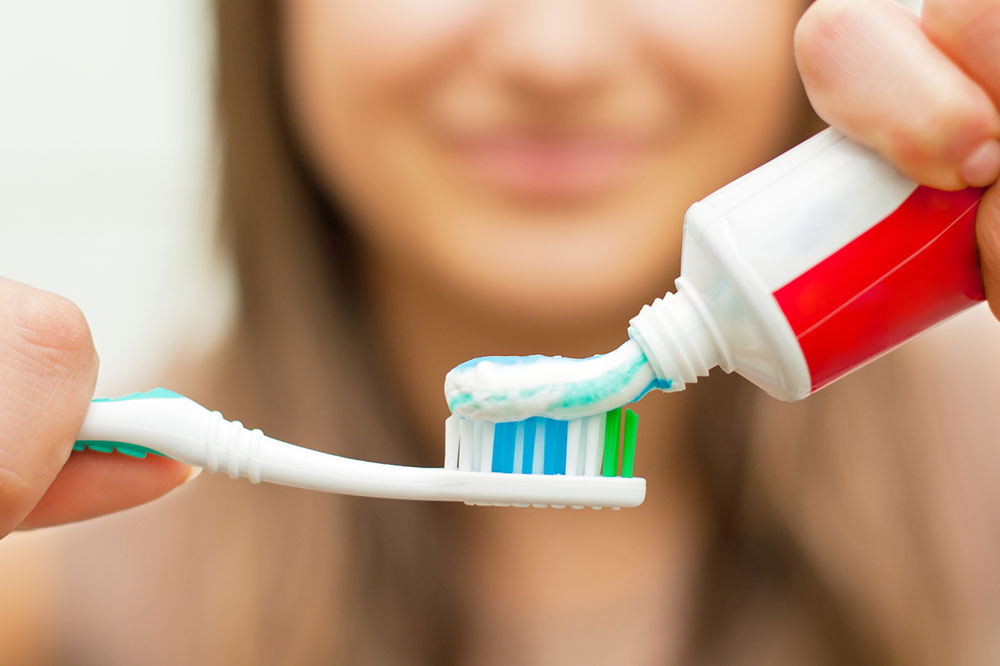Comprehensive Guide to Managing Sensitive Teeth and Achieving Bright Smiles with Effective Whitening Toothpastes
Discover effective strategies for managing sensitive teeth and achieving a brighter smile with top-rated whitening toothpastes. Learn about key ingredients, their benefits, and how to choose products suited to your dental needs. This guide covers anti-plaque, tartar control, stain removal, and sensitivity relief, helping you maintain healthy, beautiful teeth with confidence.

Guide to Sensitive Teeth and Effective Whitening Toothpastes
Understanding Sensitive Teeth and Selecting the Best Whitening Toothpaste
A healthy, radiant smile depends on well-maintained teeth. Proper brushing habits are vital for oral health. Exploring highly recommended toothpastes can significantly enhance your dental care routine and boost your confidence.
Different toothpaste formulas include key ingredients designed for specific dental concerns. Picking the right one can improve overall oral wellness and address issues like sensitivity and staining.
Many toothpastes contain active components aimed at promoting oral health. Here are some typical ingredients and their advantages:
Why opt for anti-plaque formulas?
A fuzzy feeling in your mouth may signal plaque accumulation.
Plaque is a sticky film of bacteria that forms when teeth aren’t cleaned regularly.
It results from leftover sugars and starches in the mouth.
If not removed, plaque feeds bacteria, leading to acids that cause tooth decay and bad taste.
Using anti-plaque toothpaste minimizes plaque buildup and bacterial growth.
What about tartar control toothpaste?
Tartar or calculus is hardened plaque that resists removing with regular brushing.
It often requires professional dental cleaning.
Look for toothpastes with zinc citrate or pyrophosphate to combat tartar.
Addressing teeth discoloration
Tea, coffee, and wine can stain tooth surfaces.
Whitening toothpaste can immediately brighten mild stains.
Regular use over 2-3 months with whitening agents like abrasives and bleaching substances can fade surface stains effectively.
Relieving tooth sensitivity
Tooth sensitivity causes discomfort with hot, cold, or sweet foods and drinks.
This condition often arises from gum recession, exposed dentine, or gum disease.
Specialized sensitive toothpastes help lessen pain by blocking nerve signals.
Main ingredients include potassium nitrate, stannous fluoride, and strontium chloride.
Additional components in sensitive and whitening toothpastes
Preservatives and flavors improve taste and prevent drying.
Whitening formulas may contain enzymes or bleaching agents to remove external stains.
Strontium chloride and potassium nitrate are common for sensitive teeth, providing back-to-back relief.
Consistent brushing over weeks reduces sensitivity by lessening dentine exposure.
Top recommended whitening toothpastes for sensitive teeth
Tom’s of Maine Naturally Whitening & Anti-Plaque Toothpaste: Natural ingredients, fluoride-free, gentle whitening, and fresh breath.
Activated Charcoal Whitening Toothpaste: All-natural, strengthens enamel, and removes stains from smoking or beverages within one week.
Sensodyne Pronamel Gentle Whitening Paste: Restores natural whiteness, protects enamel from acid erosion, and diminishes sensitivity over time.
Selecting the right whitening toothpaste allows for a bright, confident smile while caring for sensitive teeth.


